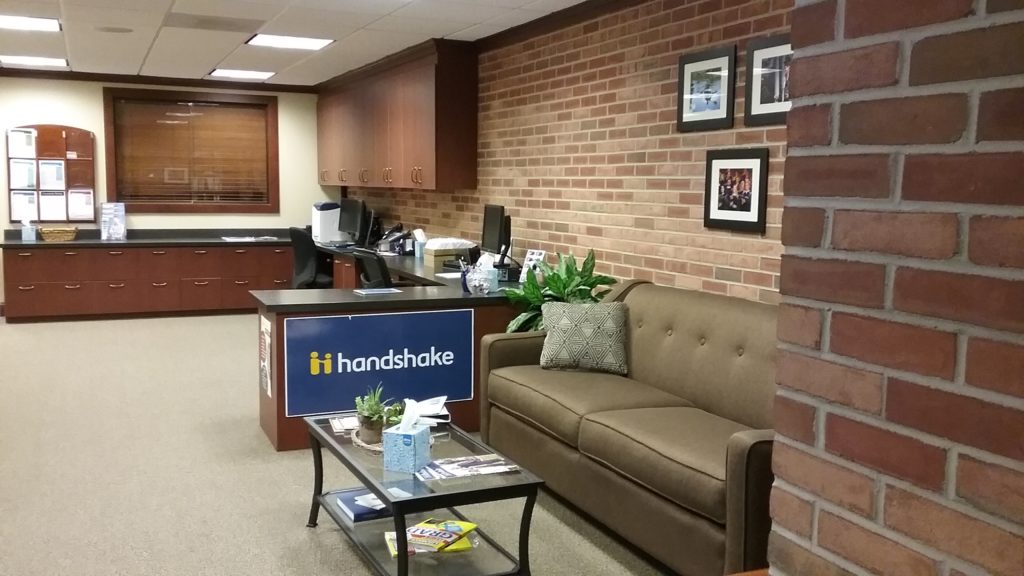Anyone claiming to be a “resume expert” raises a red flag, according to Executive Director of Career Services Ken Koopmans.
During the Career Services cover letter and resume workshop on Aug. 30, students had the chance to understand the subjective nature of resumes. The workshop sought to answer student questions, review pre-existing resumes, and consider what employers look for in prospective employees.
Student career coaches Carlie Steele, Njomeza Pema, and Tristan Wertanzl each led discussions in the Formal Lounge to answer questions and give advice about writing cover letters and resumes.
“Realistically, employers spend about 10 seconds looking at your resume and your cover letter,” Steele, a junior, said, “so they kind of scan and automatically pick out keywords. Those will click with them and then they’ll keep reading.”
Attendees asked how to maintain a professional tone while also showcasing their personalities.
“Cover letters aren’t supposed to be a huge love letter to the company,” Steele said. “They’re just supposed to be an insight into who you are. They’re not supposed to get you a job — they’re supposed to get you an interview. That way you can really put a face to the name and continue the relationship.”
In Wertanzl’s group, he noted that creating resumes and cover letters can be daunting for freshmen. It is a challenge to determine what should be included on a resume when the student’s experience is sparse.
“Don’t be worried about the fact that your clubs and jobs happened in high school right now,” Wertanzl said. “As soon as you land jobs in college, that’s when you move those to the top and slowly phase things out.”
Students of all grades have to make decisions about what information to include and in what order.
“I’ve heard conflicting things about putting your GPA on your resume,” attendee and junior Vivian Turnbull said. “I’ve heard that it looks suspicious if it’s not, but I’ve also heard that it’s not necessary at all.”
Wertanzl said GPA, like many things on resumes, can be subjective.
“Overall, I’d list if you have a 3.4 or higher unless you’re on the 4.0 dean’s list,” Wertanzl said. “But specifying isn’t really necessary. And if you’ve got a 4.0 — I pray for your mental health.”
But it’s not just work. Other kinds of experience are just as important as paid positions, and sometimes even more important, according to Program Manager and Internship Coordinator Roma Rogers.
“Some things are experience and even though you aren’t getting paid, whatever skills done or products produced in things like clubs may be relevant to the job you’re applying for,” Rogers said. “Please include those. You don’t have to put ‘volunteer’ or ‘club,’ but you can highlight your position.”
Each discussion highlighted two components of all resume discussions: subjectivity and tailoring. While the coaches advised students to have a staple cover letter and resume, each job prospect should be altered to fit the role.
“Even if you haven’t worked in a specific field yet, you can pretty much tailor any experience you have to make it somehow relate to what you’re applying for,” Steele said. “You should always write a new cover letter, but you probably have transferable skills that can apply to every industry.”
![]()

